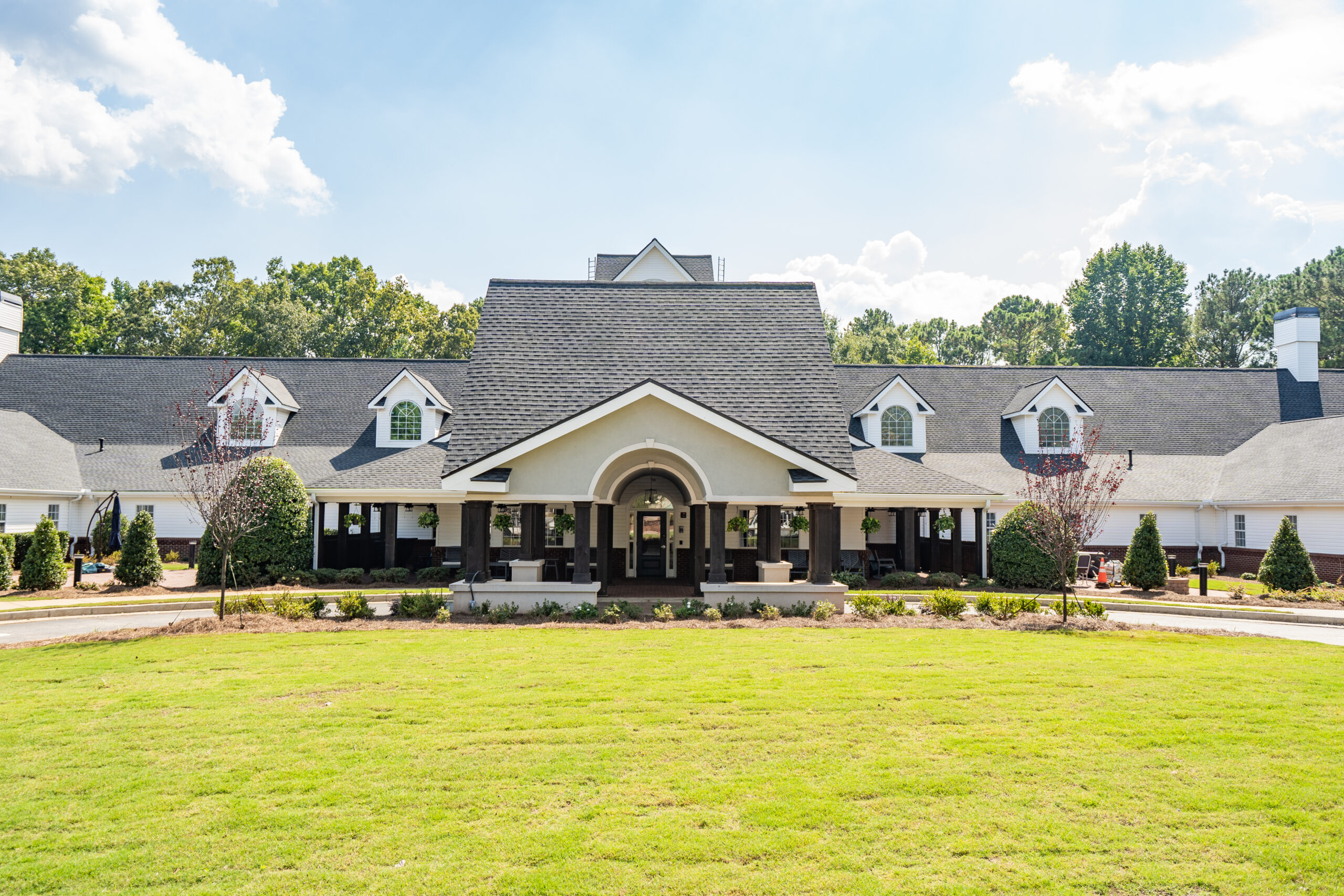Drug & Alcohol Rehab, Detox & Treatment Resources
A vibrant, youthful town in the heart of the Blue Ridge Mountains, Asheville has a thriving arts and culture scene that attracts creative and fun-loving people from around the country. There are plenty of activities, including hiking through aspen forests, farmers markets and live music concerts. Unfortunately, this western North Carolina city also attracts an illegal culture of drug use that can bring significant impacts into residents’ lives. In fact, authorities identified Asheville and the surrounding towns as a High Intensity Drug Trafficking Area.
The use ofheroinand other opioids is a major concern to authorities, with approximately 50 people dying from overdoses every year in Asheville’s Buncombe County. Throughout North Carolina, overdose deaths have increased almost three-fold since the mid-1990s. Drug-related crime is also rampant, with 85 percent of those incarcerated reporting adrug addiction.
While drugs and alcohol become even more common on the streets of Asheville, more and more treatment options are available in the region and throughout the nation to help those overcome addictions and problems with drugs and alcohol. Help and support are available right in the Asheville area.
Finding Help & Recovery in Asheville, NC
There is surely a treatment program that is right for you in Asheville, and if not, then it is likely close by. Regardless of the severity of the problem or the type of drugs or alcohol, working through a treatment program can make a major difference in your life. Assess your situation before moving forward, so you can set yourself up for success. It’s possible to move between programs, but the best plan is one that places you in the correct program to begin with.
Asheville Drug & Alcohol Detox Centers
In Asheville, there are many places to go for detox. After acknowledging the problem, the next important step is ridding the toxins from the body. It seems simple; just stop using drugs or alcohol. Unfortunately, that doesn’t account for withdrawal symptoms, which can be debilitating. Oftentimes, medical oversight is necessary, especially for freedom from opioids, illegal prescription drugs, synthetic drugs andmethamphetamine. Detoxing at home is highly discouraged. Instead, get help from an Asheville drug or alcohol detox program where medical professionals can oversee the process.
Of course, overcoming drug or alcohol addiction is not as simple as just ridding the drugs from the body. If that were the case, it would only take a few days to end a cycle of misuse. Individuals must also address underlying issues, which are often psychological and emotional. Finding the right Asheville drug treatment center and dedicating yourself to it will make a big difference in finding success.
There are many drug and alcohol rehab centers in Asheville. However, that is sometimes not an ideal option. Often, patients are more apt to recover if they travel away from home and enter a program where they can remain anonymous.







